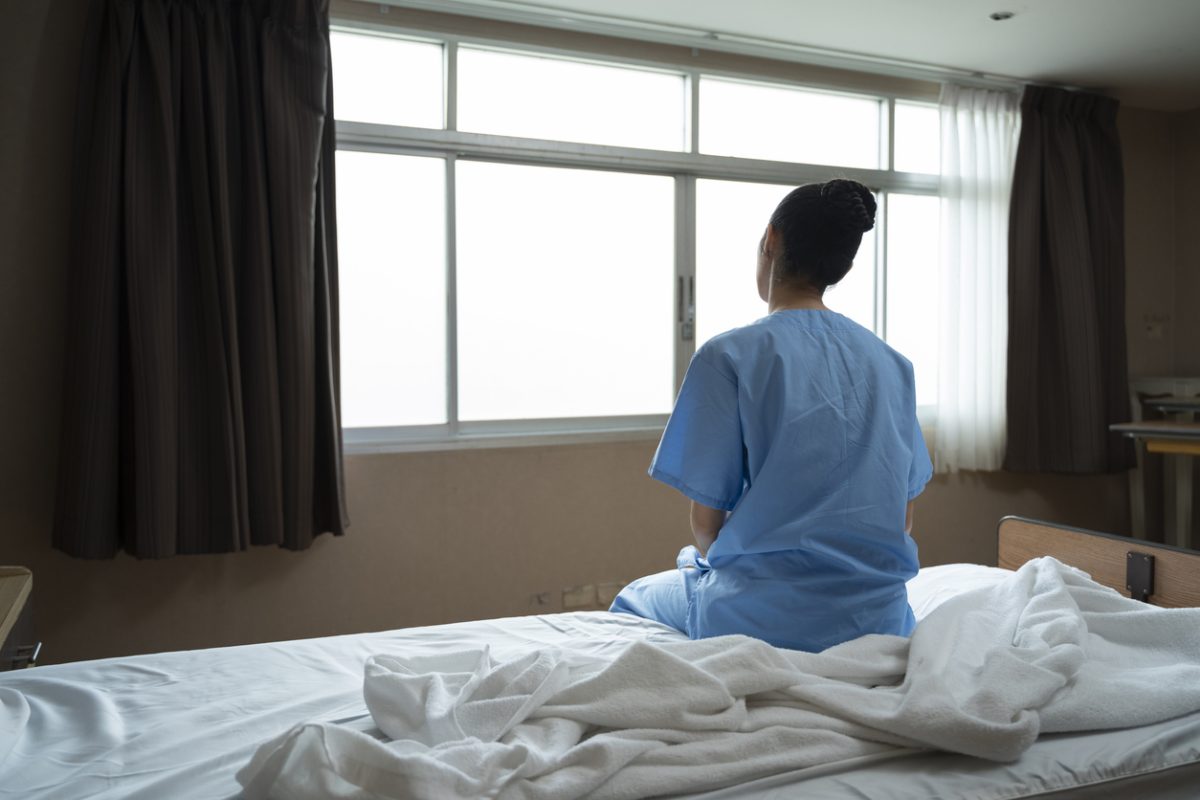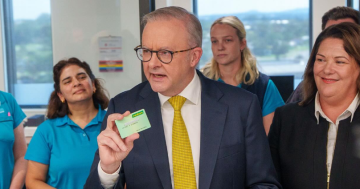
Psychiatrists have completed specialist training in the diagnosis and treatment of mental illness and emotional problems, but are required to be RANZCP fellows in order to practise. Photo: Akarawut Lohacharoenvanich.
It’s clear to the Royal Australian and New Zealand College of Psychiatrists (RANZCP) that there is a “critical and chronic shortage of psychiatrists” across the country.
RANZCP’s latest nationwide survey of 1269 psychiatrists shows a significant portion are suffering from symptoms of burnout and considering an exit from the industry within the next five years.
The Australian Institute of Health and Welfare (AIHW) reports a 27 per cent annual growth rate in the workforce of specialised mental healthcare facilities between 2016 and 2021. However, RANZCP says in its pre-budget submission, that a significant amount of funding is required to attract more to the profession.
Around the country, WA had the highest number of psychiatrists considering leaving the profession in the next five years (41 per cent). It was closely followed by South Australia (40 per cent), which was shown to have the worst rural psychiatry workforce of any state in Australia.
SA chair of RANZCP Dr Patrick Clarke said that as a result, some of their most vulnerable people with acute mental illnesses were falling through the cracks because help was too far away, too long a wait, too expensive or simply unavailable.
“Last year, an independent review into rural mental health services in South Australia found that there are fewer psychiatrists per person in regional South Australia than in Mongolia, Ukraine or Russia,” Dr Clarke said. “As a result, patients are having to navigate an overburdened mental healthcare system.
“And the workforce shortage has placed an unsustainable burden on psychiatrists in the system. They are working tirelessly to provide care for their patients, with increasing demand and not enough hands on deck.”

Other region chairs disclosed the issues, including NSW chair Dr Angelo Virgona, who said it was not just the public sector struggling, but also the private sector, with closed books and long waiting lists.
“Private hospitals provide about half the admissions for mental health disorders in Australia, but many are currently at risk of closure due to psychiatry shortages,” Dr Virgona said. “As a result, patients are having to navigate an overburdened mental healthcare system and are often met with closed doors everywhere.
“The system is so fragmented that you have to be a genius or lucky to figure out how and where to get help.”

Dr Virgona added that psychiatrists often had to provide less-than-optimal care because the range of interventions simply could not be provided, weren’t available to the bulk of the country, or both.
“We don’t have time to liaise with other health providers, and patients can’t access enough of the therapy they need due to cost or lack of practitioners,” he said.
“It’s a lottery system, but accessing lifesaving, vital mental health care should not be.”
Ahead of the Federal Budget in May, RANZCP is calling on the Federal Government to:
- Attract:
- Provide $7.06 million to fund the Psychiatry Interest Forum program for a further 6.5 years to attract the next generation of psychiatry trainees.
- Train:
- Invest an additional $23.9 million to expand the Psychiatry Workforce Program to support an additional 45 rural trainee and training supervisor posts.
- Increase STP funding by $5.2 million over three years to fund additional training placements in private hospital settings in 2025, to broaden training experiences, ease pressure on consultant psychiatrists and enable private hospital beds to be used to appropriate capacity.
- Invest $225,000 over three years to support directors of training and administration staff to ensure additional training posts have adequate oversight and support.
- Introduce a new funding stream to support the establishment of new psychiatry trainee placements in private psychiatric practices.
- Invest $6.95 million to extend the Military and Veteran Psychiatry Training Program from 2025 to 2028.
- Retain:
- Improve working conditions by:
- Introducing a new psychiatry MBS ”complex care” item for assessment, support, and management of people with complex mental health presentations and/or circumstances.
- Increasing the MBS rebate for psychiatry services to 100 per cent of the schedule fee from the current 85 per cent, and increasing the MBS billing provision for psychiatry trainees so that they can bill at 60 per cent of the consultant psychiatrist rate.
- Improve working conditions by:









